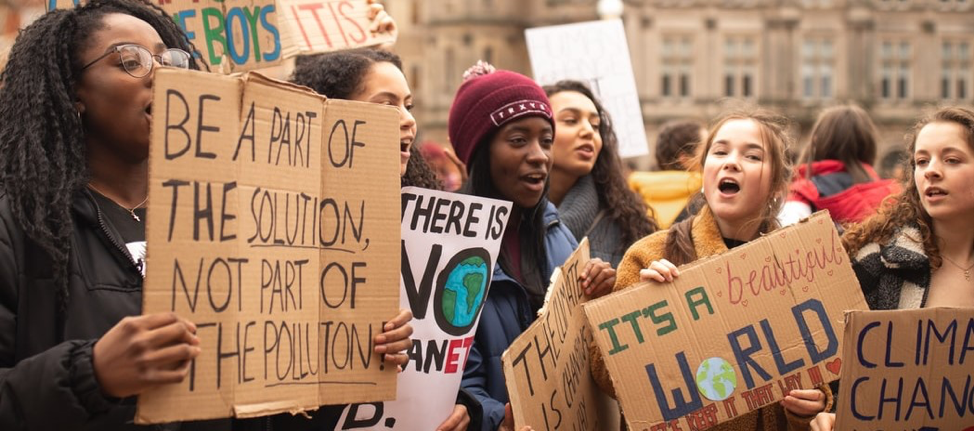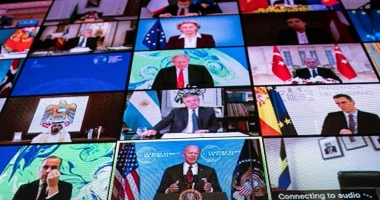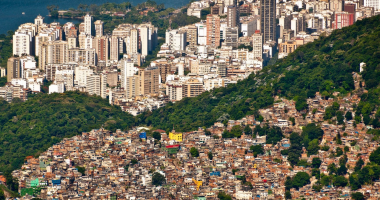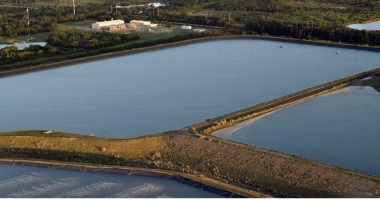Climate, Health and Equity Brief
Melanie Allen and Erin Rogers on Funding Diverse Climate Leaders
March 26, 2020
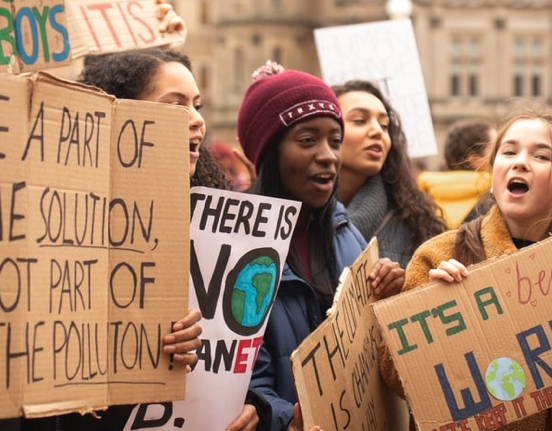
As part of our weekly Climate, Health & Equity Brief, we’re pleased to share a periodic interview series with leaders working at the intersection of climate change, health and equity. This month we spoke with Melanie Allen and Erin Rogers, co-directors of the Hive Fund for Climate and Gender Justice.

What inspired you to create the Hive Fund for Climate and Gender Justice?
Erin: Melanie and I were both environmental and social justice activists who went into philanthropy, where we saw first-hand that most climate funding flows to a narrow set of organizations. It was frustrating to realize that women, people of color, and those on the frontlines of the climate crisis—who are among the most intense supporters of climate action and have an integrated vision for building a society that’s both cleaner and more just—are receiving shoestring funding at best. The Hive Fund aims to change that.
Why is it so important to fund Black women, Indigenous women, women of color, youth, and others engaged on the frontlines?
Melanie: We get results! These leaders are the MVPs of social change, as Vanessa Daniel aptly put it, but they’re often kept on the bench because of racism and sexism that pervade our culture. Without these leaders bringing their knowledge and experience to the climate solutions table, we risk exacerbating inequity as we shift from fossil fuels to clean alternatives—which will undermine the massive and intense public support we need for rapid progress. Climate solutions that come from and center on those most-impacted stand a better chance of success for all.
What is your greatest hope when it comes to the future of climate change?
Erin: I hope that we are able to come out of our Coronavirus response with a deep understanding that we are all connected and that we CAN come together to make big changes rapidly to protect the most vulnerable and ourselves. That’s what it will take to cut global warming emissions in half by 2030—which is what the scientists say we must do.
Your biggest fear?
Melanie: It is easy to be overtaken by fear when working the climate space, and in some ways, my biggest fear is already happening: we won’t decide to act on climate at the speed or scale necessary before communities of color and poor communities are irreparably harmed by things that are preventable. The silver lining is that the sector is changing, and people understand that climate isn’t just an environmental issue. It is an economic issue and a health issue and intersects with every facet of our lives. We are finally understanding that we need all hands-on deck to tackle the current climate crisis.
What would you encourage others to do to make an impact in the fight against climate change and for climate justice?
Erin: For big systems changes, we can get involved in policy and politics; run for office or advocate with a group for a policy if you can, and at the very least—vote. For the big collective actions we need, we can work on our own unconscious (and conscious) biases and get better at working across difference. And most importantly, we can keep our hearts open, use our imaginations, and dream big about the better world that’s possible.


